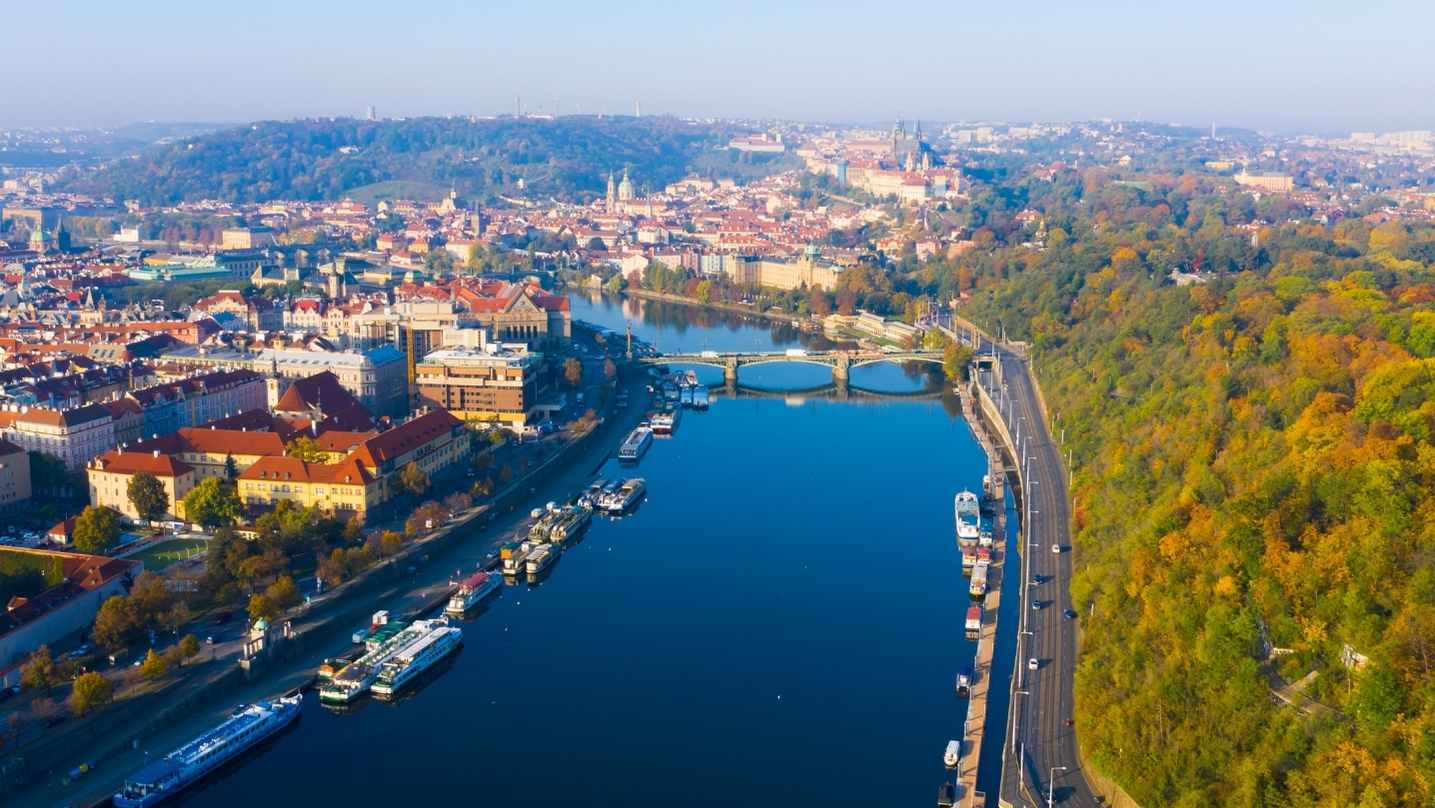The days when Prague’s population added up to an exact one million are long gone, with the current population at 1.3 million still increasing by approximately ten thousand people annually.
According to an analysis by the Association for Real Estate Market Development, the capital’s population is expected to grow by an additional 400,000 by 2050. At the same time, demand for housing nationwide has long exceeded supply, posing a dilemma for the booming population of Prague.
“While demographic trends and forecasts predict a continuous increase in Prague’s population, indirectly emphasizing the expected rise in housing demand, the current system of building permits and new construction is headed completely in the opposite direction” stated the Trend Analysis of the Association for Real Estate Market Development.
“In order to maximize the potential of Prague’s real estate market, housing supply would have to at least double and be frequently supplemented through various residential projects. Last year, however, approximately one-third fewer projects reached the market compared to the long-term average,” the report continues.
As a result, it doesn’t come as a surprise that a “slight increase in prices” is expected this year in the housing market. Zdenka Klapalová, the president of the Association, anticipates such changes and explains why:
“First and foremost, it is evident that supply doesn’t meet demand. Then comes the increase in construction costs, which leaves little room for developers to make profits. Also, the traditional Czech emphasis on living in one’s own home instead of a rented one, and the fact that many apartments are bought as investments because they are seen as secure means of storing money.
An enduring issue is poor housing affordability, particularly for young people. Various statistics indicate that, on average, the length of time Czechs save up to afford an apartment is significantly longer than that of other nations, such as Belgium or Poland.
Regarding the availability of rental apartments in key locations, specifically in Prague and Brno, the main issue is quality. “The Czech housing market is generally outdated and there are quite a few apartments in which you simply wouldn’t want to live,” added Klapalová.
The shortage here lies in a few rental apartments of good quality. Various funds are emerging that invest in rental projects with an emphasis on modern trends, implemented not only on a single apartment but for entire buildings, the living culture within them, and common spaces.
In terms of transportation services, expanding subway constructions by completing the full Prague circuit is vital. People need a reliable form of transportation that will get them from their homes to their workplaces without wasting too much time, and this need is not currently being met.
Additionally, there’s the long-standing issue that everyone with an interest to build new residences complains about – problems with the construction approval process. According to a survey by Deloitte, it takes over seven years to obtain a permit for a residential project in Prague.
“After a ten-year construction approval process, your original project can become outdated. As trends change and technological advancements are
made, demand for certain styles shifts as well, rendering old designs obsolete. Along with the pain this brings designers, it also wastes valuable transportation and infrastructure,” said Zdenka Klapalová, the president of the Association.
Would you like us to write about your business? Find out more
-
NEWSLETTER
Subscribe for our daily news






